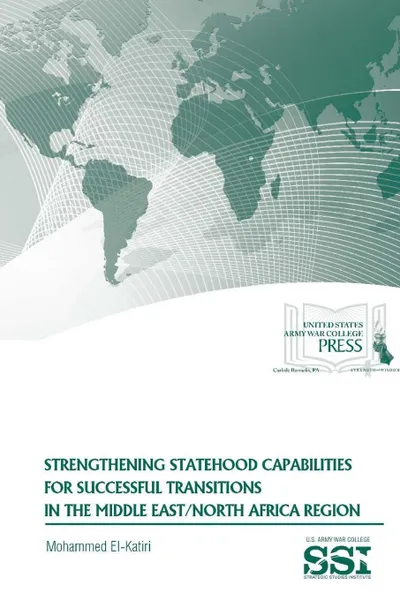Strengthening Statehood Capabilities for Successful Transitions in The Middle East/North Africa Region 12+
60 страниц
Категория: Энциклопедии, справочники
ISBN: 9781329780750
Язык: Английский
📒 The political transitions that followed revolutions in Egypt, Libya, and Tunisia are by no means complete. They have gone through challenging phases, characterized by political volatility and tension. These challenges and uncertainties have a profound impact on the three countries' economies and the ability of their new political elites to build credibility and political legitimacy. Each of the three countries studied in this monograph has followed a distinct path, with its own opportunities and limitations. Policy reforms during each transition have reflected individual political, security, and social realities. However, one common lesson learned from their trajectories is that their challenges are exacerbated by a deficit of human and institutional capabilities to design and implement political and economic reforms.
Мнения
